
Bilingualism and Dementia: How a Second Language Protects Against Cognitive Aging
People who are fluent in two or more languages are less susceptible to age-related mental disorders. They more quickly process information and make decisions, have better memories, and can even better identify emotions. Scientists from various countries discussed the influence of a second language on the processes of cognitive aging at the international symposium ‘Bilingualism: Proper Learning, Effective Communication, and Pleasant Old Age’ hosted by HSE University.

Microgravity Rewires Connectivity in Cosmonauts' Brains
After studying the brain scans of 13 Russian cosmonauts who participated in space missions to the ISS from 2014 to 2020, scientists discovered that prolonged exposure to microgravity had an impact on the connectivity of the brain structures responsible for adapting to unfamiliar conditions. The study revealed that these connections may not always return to their original state after the flight. The paper has been published in Communications Biology.
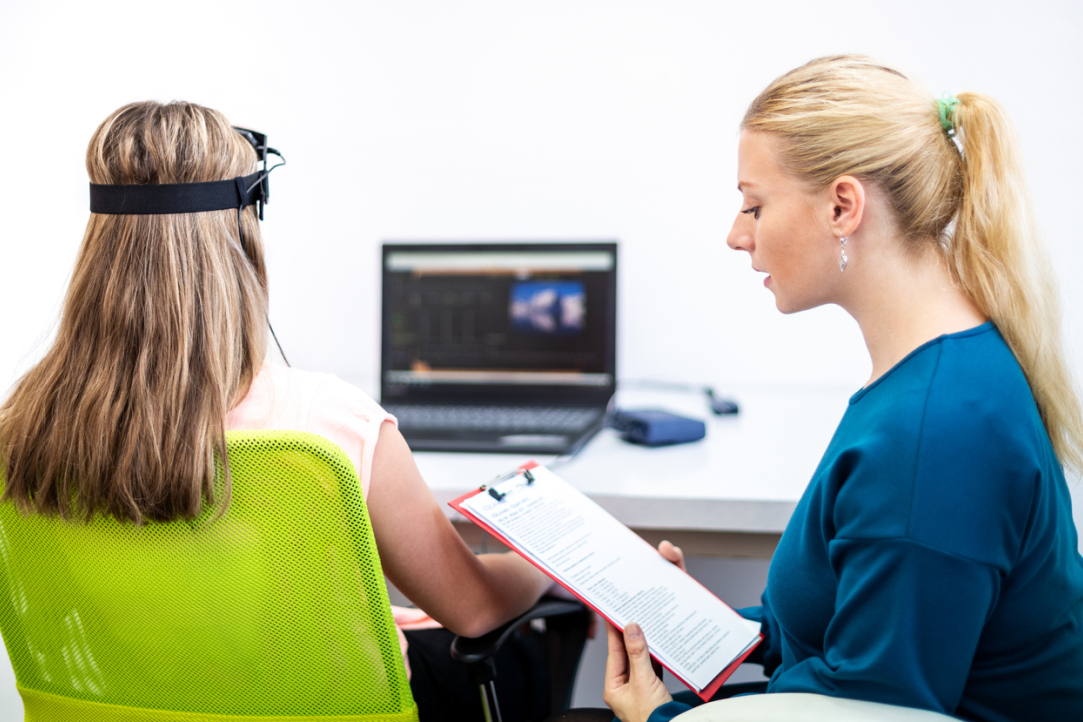
EEG and Eye Tracking Help Calculate Attentional Engagement Index
Researchers at the HSE Institute of Cognitive Neuroscience have discovered that analysing the electrical activity in the brains of a small group of people and studying their visual attention makes it possible to predict the impact of an online advertising campaign on a much larger group of 300,000 consumers. The paper has been published in Brain Sciences.

HSE Researchers Can Now Measure Individual Decision-making Time
HSE researchers have developed an algorithm for estimating individual response preparation period duration. Their approach can help diagnose disruptions in decision-making and motor functions associated with certain diseases. The study findings are published in PLoS ONE. The research was financed by a megagrant from the Russian government as part of the 'Science and Universities' National Project.

Neural Prosthesis Uses Brain Activity to Decode Speech
Researchers from HSE University and the Moscow State University of Medicine and Dentistry have developed a machine learning model that can predict the word about to be uttered by a subject based on their neural activity recorded with a small set of minimally invasive electrodes. The paper 'Speech decoding from a small set of spatially segregated minimally invasive intracranial EEG electrodes with a compact and interpretable neural network' has been published in the Journal of Neural Engineering. The research was financed by a grant from the Russian Government as part of the 'Science and Universities' National Project.
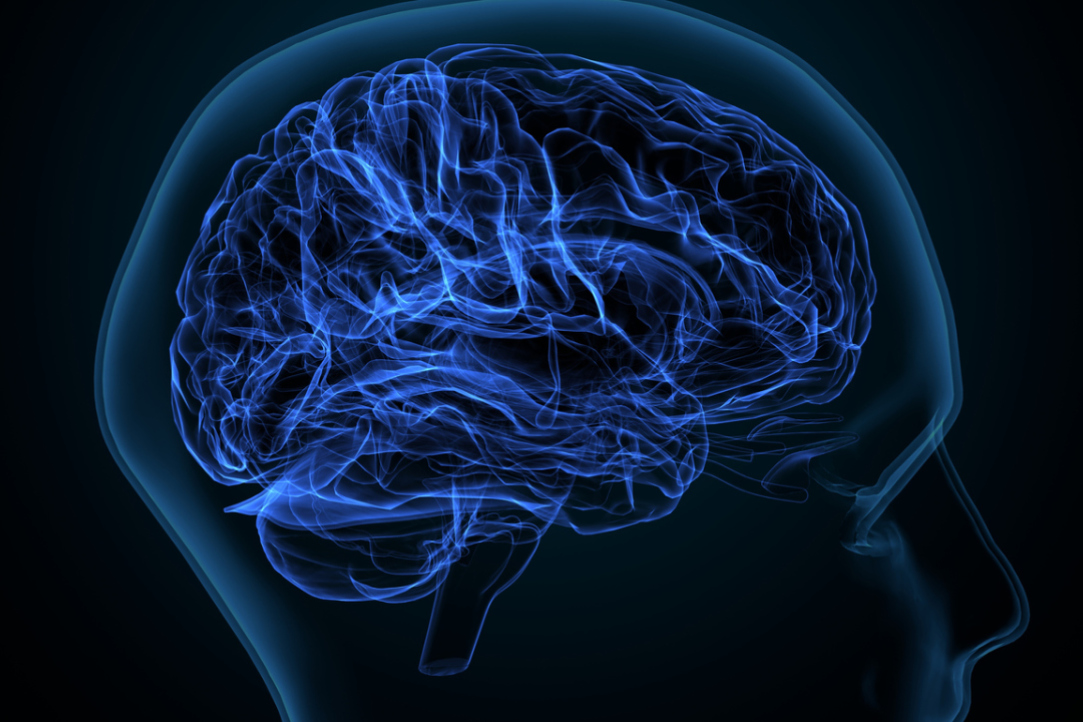
Corpus Callosum Found to Switch Off Right Hemisphere During Speech
A study by the HSE Centre for Language and Brain has confirmed the role of the corpus callosum in language lateralisation, ie the distribution of language processing functions between the brain's hemispheres. The authors came up with an innovative language task for their study subjects and applied advanced neuroimaging methods to the data collected. A paper on their findings has been published in PLoS ONE. The research was financed by a grant from the Russian government as part of the 'Science and Universities' National Project.
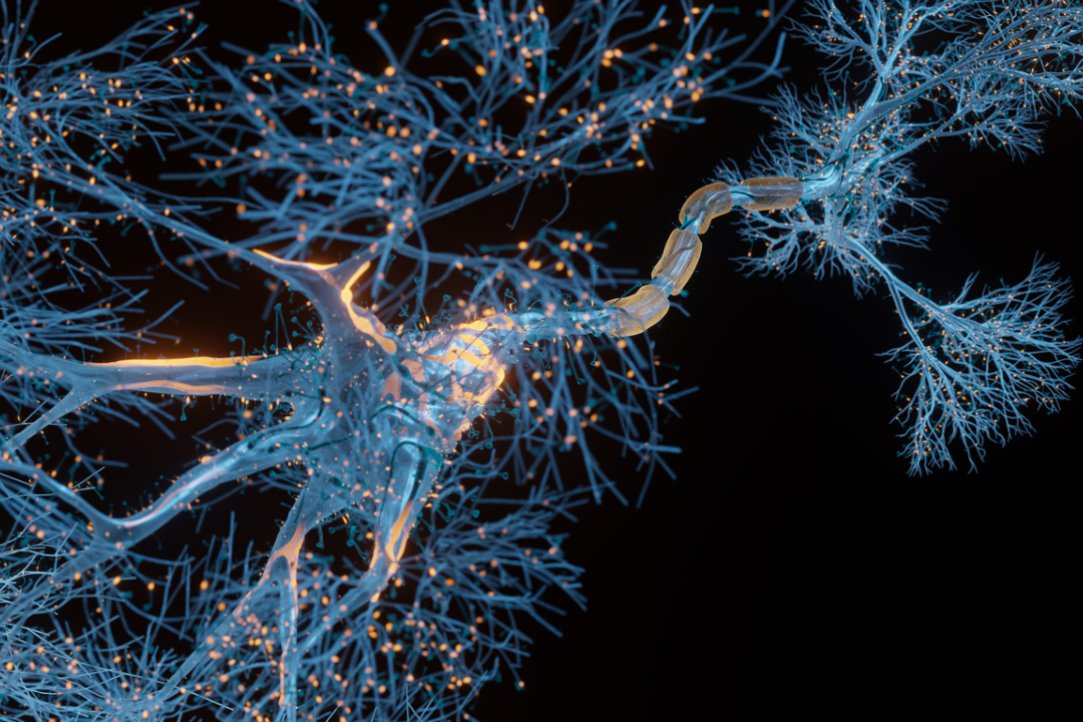
Ketamine Found to Increase Brain Noise
An international team of researchers including Sofya Kulikova, Senior Research Fellow at the HSE University-Perm, found that ketamine, being an NMDA receptor inhibitor, increases the brain's background noise, causing higher entropy of incoming sensory signals and disrupting their transmission between the thalamus and the cortex. This finding may contribute to a better understanding of the causes of psychosis in schizophrenia. An article with the study’s findings has been published in the European Journal of Neuroscience.
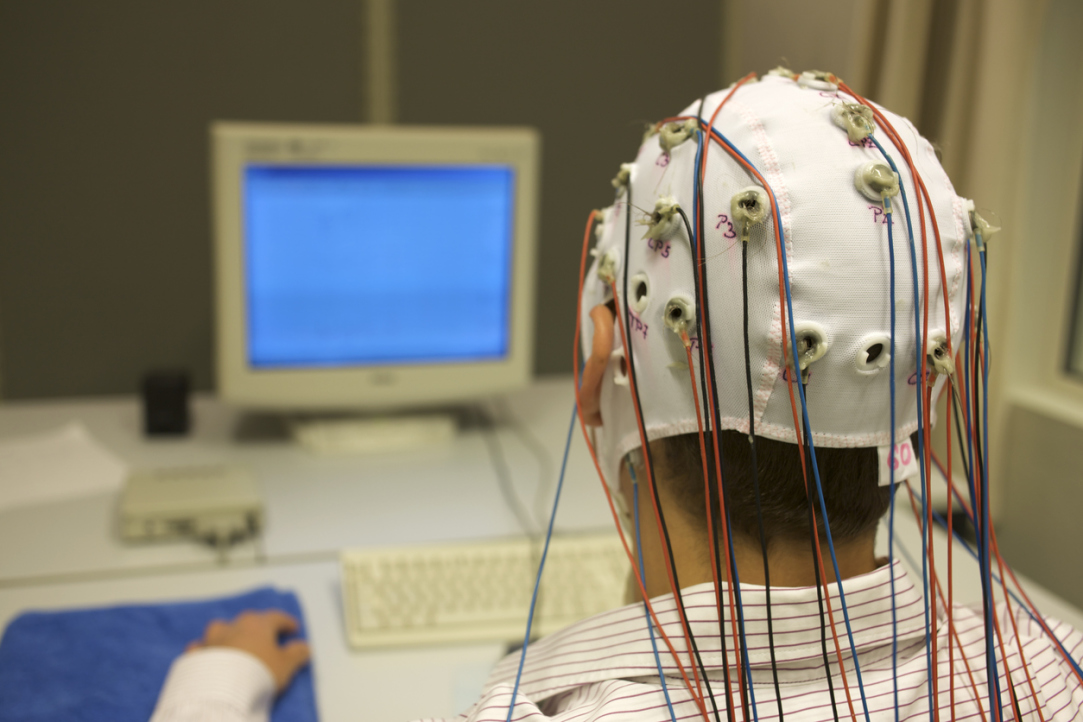
Speech Register Switching Causes Brain to Struggle with Comprehension
According to researchers at the HSE Centre for Language and Brain, processing a word which is markedly different in style from the rest of the sentence uses the same brain mechanisms as making sense of a semantically incongruent word. These mechanisms reflect the brain’s efforts to process an unexpected term. The study findings have been published in the Journal of Neurolinguistics. The research was financed by a grant from the Russian Government as part of the 'Science and Universities' National Project.
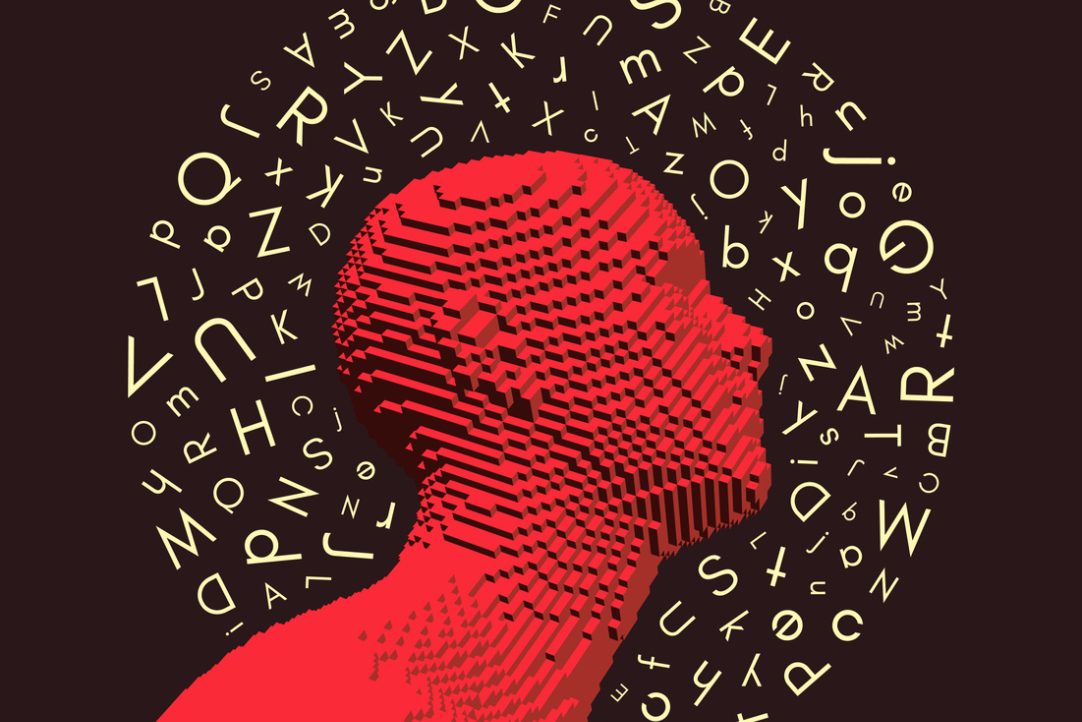
Only Left Hemisphere Involved in Action Naming
An international team including researchers from the HSE Centre for Language and Brain and the HSE Institute for Cognitive Neuroscience have demonstrated the critical role of the left, but not the right, inferior frontal gyrus in action naming. The study findings are published in Brain Structure and Function.

Machine Learning Predicts Epileptogenic Activity from High-Frequency Oscillation Rates
In an innovative study, researchers from HSE University, RAN Institute of Linguistics, and the National Medical and Surgical Centre named after N.I. Pirogov measured and analysed high-frequency oscillations (HFO) in different regions of the brain. An automated detector predicted seizure outcomes based on HFO rates with an accuracy rate of 85%, and by applying machine learning, made it possible to distinguish between epileptogenic and non-epileptogenic HFO. The study’s findings are published in Frontiers in Human Neurosciences.


Deadline for submitting applications is November 7, 2025